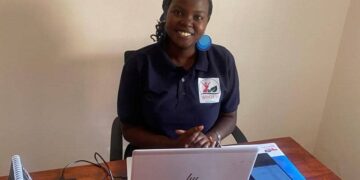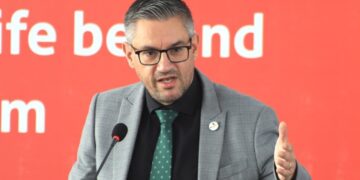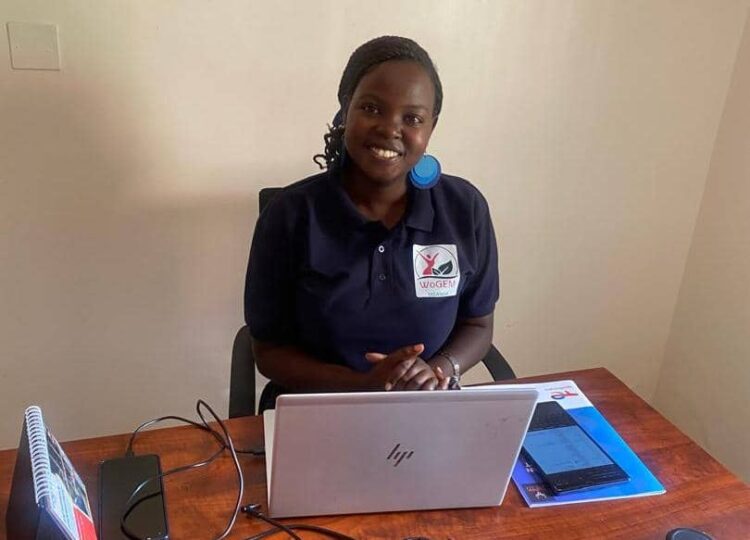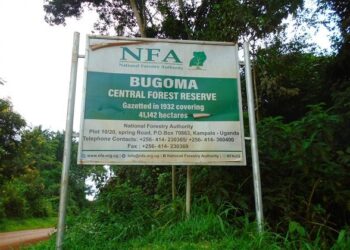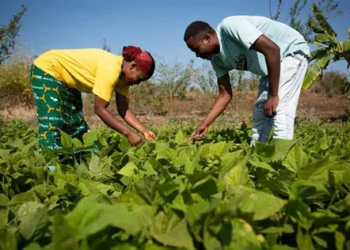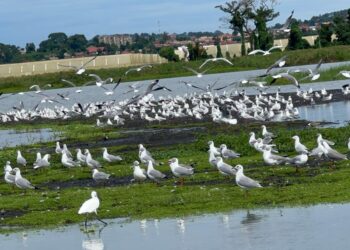OPINION
As Uganda unveils the 2025/26 national budget, all eyes will be on the substantial budget line earmarked for the energy and mineral development sector. On paper, this may seem like a necessary investment in national development. But beneath the surface lies a troubling trend a disproportionate slant toward fossil fuel projects like the East African Crude Oil Pipeline (EACOP), at the expense of renewable energy and climate resilience.
The budget line for energy is not just a number it reflects the government’s priorities. With the bulk of this funding channelled into infrastructure that supports oil extraction and transportation, including the controversial EACOP, we are doubling down on an outdated and increasingly risky economic model.
EACOP, a 1,443-kilometre pipeline stretching from Uganda’s oil fields in Hoima to Tanzania’s port of Tanga, has already raised serious alarms. Over 100,000 people have been displaced and they have lost their land, livelihoods like Agriculture, fishing, farming and cultural heritage. The pipeline has also threatened biodiversity hotspots and freshwater sources, including Lake Victoria.
Worse still, this project locks Uganda into decades of oil dependence at a time when the world is rapidly shifting away from fossil fuels, climate change is accelerating. And yet, we continue to pour public resources into what is increasingly seen as a stranded asset.
While Uganda pursues oil wealth, climate-related disasters are already hitting our economy hard. Floods, droughts, and erratic rainfall have devastated agriculture and infrastructure
sectors such as roads and health facilities that receive a fraction of what the oil industry gets.
Investing in fossil fuel projects is not just environmentally reckless but also economically shortsighted. Oil prices are volatile, and global demand is expected to peak within the next decade.
Uganda is blessed with abundant renewable resources solar, wind, hydro, and geothermal. Yet these remain largely untapped due to under investment.
Instead of investing billions into oil,
the Ministry of finance should channel a significant portion towards green energy possible solutions to the marginalised women that are clean, inclusive and future proof.
Renewables offer not just electricity but jobs, innovation, and energy independence.
Community-owned solar mini-grids, off-grid solutions for rural electrification, and
sustainable bioenergy initiatives can deliver energy to the 50% of Ugandans still living without reliable electricity without destroying ecosystems and displacing families.
Uganda doesn’t need to choose between development and the environment. True progress lies in building an economy that works for people and the planet not one that sacrifices people for oil profits.
As the 2025 budget is read, we urge our leaders to rethink what energy development means in this decade of climate emergency. The future is not black gold it’s green power. The time to
invest in it is now.
By Ainembabazi Shallon,
The writer is a Programs officer – Women For Green Economy Movement Uganda.
